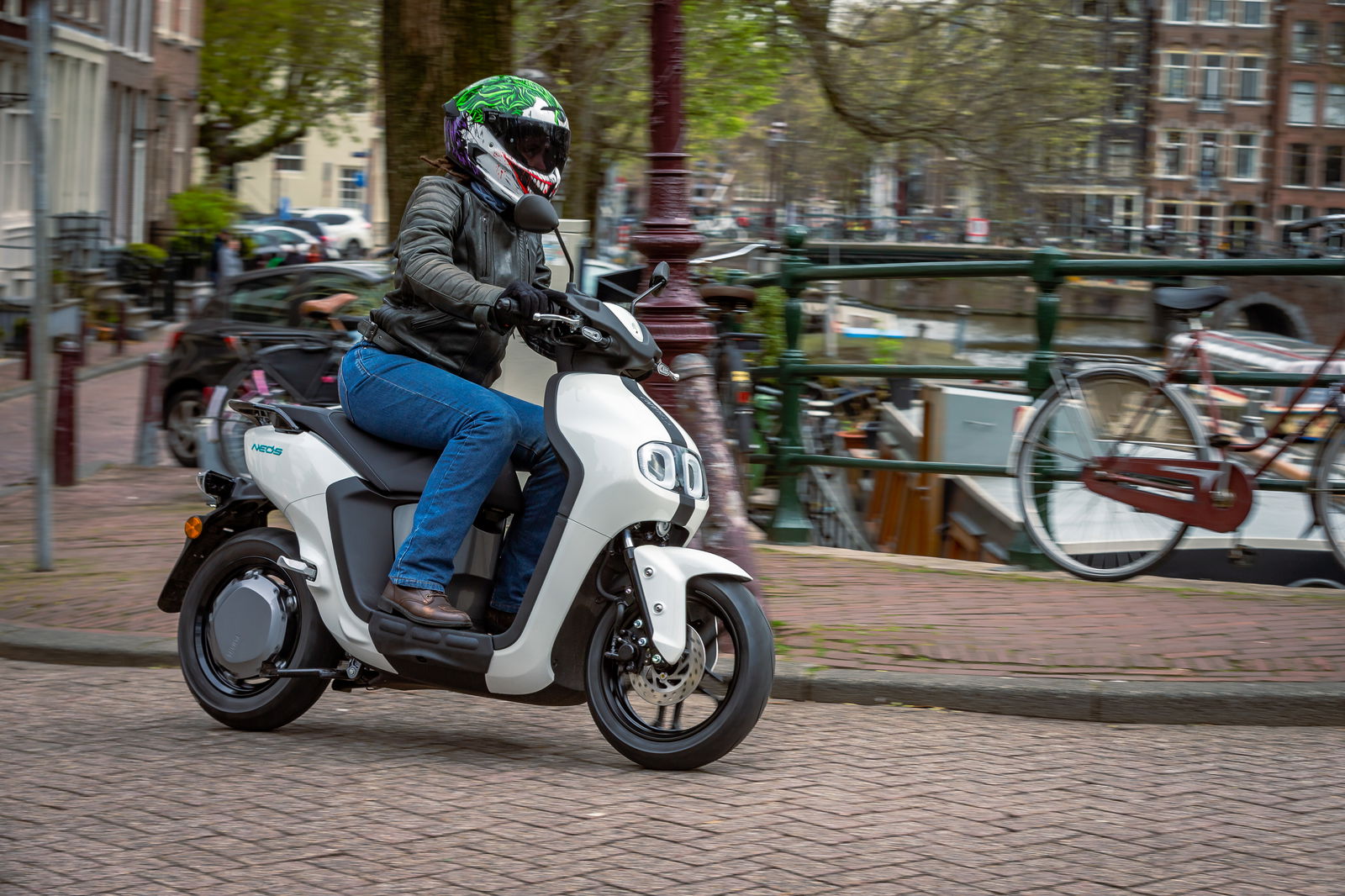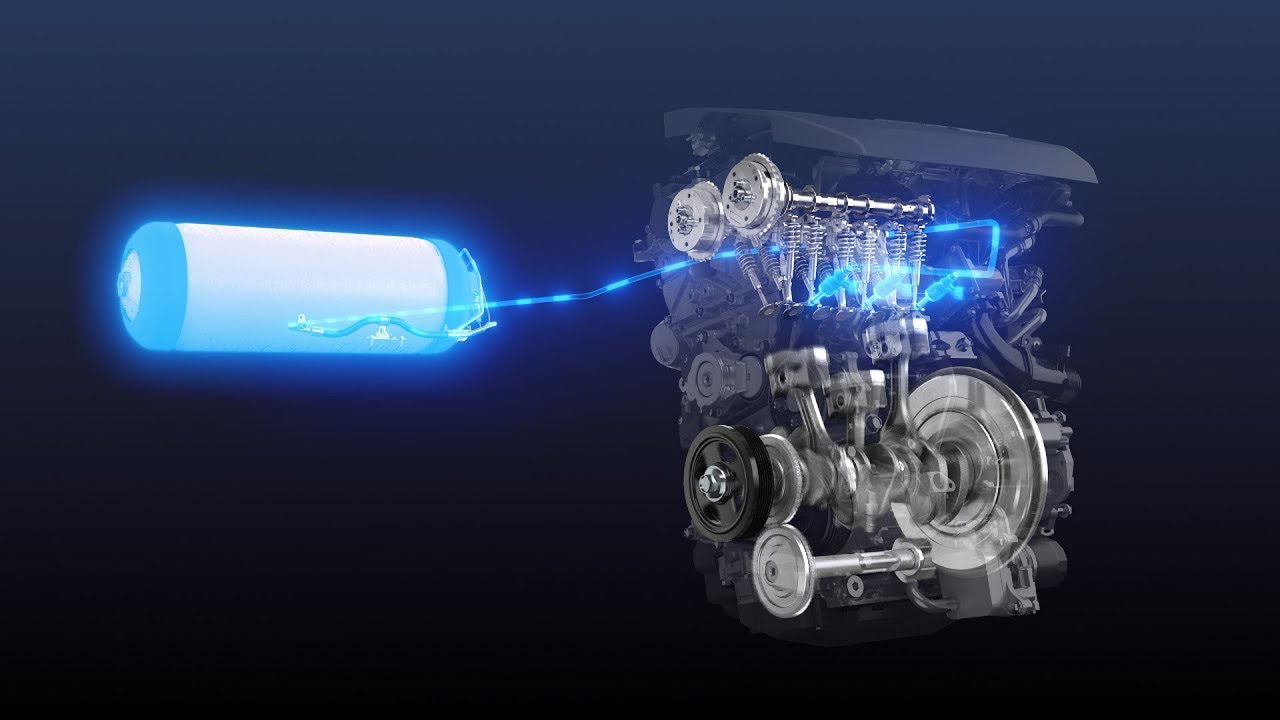Transport Minister offers reassurances on non-zero motorcycle phase-out
Transport Minister, Jesse Norman MP, spoke at the first MCIA conference about considering different motorcycle categories when legislating for phase-outs.

The transport minister, Jesse Norman MP, was present at the first annual conference of the Motorcycle Industry Association (MCIA), and spoke about both the past and the future of the UK’s motorcycle industry.
Jesse Norman MP is the Minister of State for Decarbonisation and Technology within the Department for Transport (DfT). Therefore, it is perhaps no surprise that his optimistic vision for the future of motorcycling in the UK centred mostly around zero-emission vehicles.

“In Government we share in that ambition to realise the full potential of zero emission powered light vehicles, to meet environmental goals, and to meet and build the transport eco systems of the future,” said Mr. Norman.
“Now that is underscored not only by our desire to act, but also to learn. And the Government, as you will be aware, launched a feasibility study so that it could learn more about how the sector stimulates supply ahead of demand, how we can attract new players to the market, how we can boost investment and lower manufacturing costs and how we can provide new and exciting careers for those working in and around a newly sustainable industry.”

Although the motorcycle industry is moving towards sustainability, it is currently largely unsustainable, and most of the motorcycles produced globally and sold in the UK are non-zero-emission. Part of the future of the industry is therefore phasing out those bikes, which presents a complicated challenge.
Mr. Norman emphasised the need for “continued engagement, for expertise, for the collaboration of the industry,” in the phasing-out process of non-zero-emission motorcycles.
“That is what is going to make the L-Category eco-system, that wider eco-system, a fertile space for growth, and growth is our aim, as it is yours, for 2023,” said Mr. Norman.

Furthermore, Mr. Norman spoke about the need to “think bigger and act more boldly,” with regards to cutting carbon emissions. He described the change the motorcycle industry is currently experiencing as “revolution” more than “evolution”, and said “it’s also important to say that cutting carbon remains a great driver of change.”
Whether "bigger and [...] more boldly" means a faster pace of decarbonisation, a faster and more unified adoption of electric bikes, or a consideration of alternative zero-emission solutions to battery electrics is unclear.

As for how he sees the future of transport in the UK, Mr. Norman was quite clear. “It’s clear to me now that, with end of sale dates for non zero emission cars and vans already in place, we must match that ambition across L-Category vehicles. And that will open us up to a future where our roads are, if we play it right, less congested, offering not only tangible carbon cutting but a reduction in air and noise pollution, and an increase in the wellbeing of everyone.”
One fear among those in the motorcycle industry has been a government ignorant of the reality of the industry setting arbitrary dates for phase-outs which do not fit for all categories of motorcycles. Mr. Norman offered the following reassurance:

“Of course, we know some vehicles may need longer to make that transition than others. This is a Government that is trying to listen. And we are not going to risk a one size fits all approach.
“We know that the diversity of vehicles in our system each offer something different to the public and the economy, whether that’s touring down to Truro on a high-powered motorcycle or nipping round the streets of Nuneaton on a moped. From leisure journeys to last mile deliveries.
“ So, for each of them we’re determined to try and secure the regulatory solution of best fit and, underpinning all of that, is our desire to place convenience at the heart of riding a zero emission powered light vehicle.”

Commenting on the speech, Tony Campbell, CEO of MCIA, said: “In this first of its kind MCIA annual conference, we’re delighted by the support shown by the Minister.
“The Association and industry at large have made monumental strides in the last five years in getting our essential sector recognised as an instrumental form of transport, not only in helping realise the Government’s environmental ambitions, but its future of transport ambitions too. The conceiving and implementation of the joint Action Plan is a testament to the latter and our strong collaborative working relationship, both of which we will continue to deliver on in 2023.
“We remain committed to working with the Government to ensure the most appropriate and fair approach is taken to transitioning our vehicles to zero emissions and in a way that is proportionate to vehicle size and emissions and that does not negatively impact our sector.”
The full transcript of Jesse Norman MP's speech at the MCIA conference can be read on the MCIA website.







